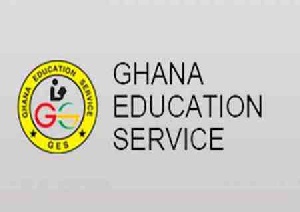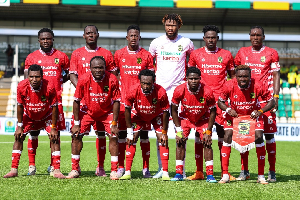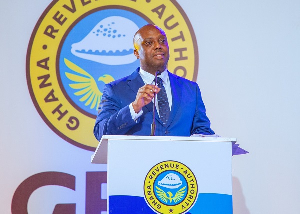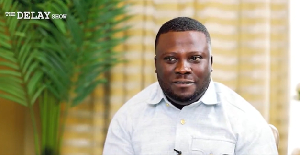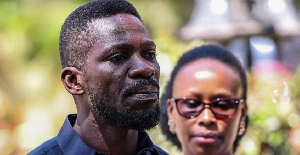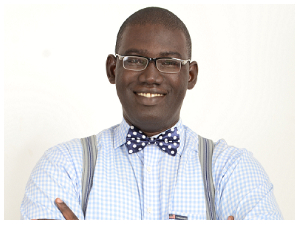The Ghana Education Service (GES) with the Ministry of Education (MoE), would this year expand the Inclusive Education (IE) policy from fourteen 14 Metropolitan, Municipal and District Assembles (MMDAs) to twenty across the country.
The policy would enable both able-bodied and children with mild to moderate physical disabilities to sit in the same classroom to learn.
This would promote socialization, unity and harmony among all segments of people in society.
It is estimated that GHC15.5 million would be required to implement the policy from this year to 2019.
Mr. Anthony Boateng, the Director of Special Education Division, (GES), said this at a stakeholders’ workshop in Sekondi to explain the components of the policy.
It was attended by teachers, parents, traditional rulers, opinion leaders, assembly members, the clergy, heads of departments and the media.
He explained that Inclusive Education was a process involving changes in the way schools were organised, curricula was adopted and the use of teaching strategies to accumulate the range of needs and abilities of all learners.
“It will create the opportunity for all learners to build their capacities, accept learners from the local communities who wish to attend school thereby preventing exclusion of some children from being educated,” he pointed out.
Mr. Boateng indicated that national curricular of schools were being reviewed to suit children with special education needs and be more responsive to the diversity of children in the classroom.
In addition, curricular of colleges of education were being reviewed to enable teacher-trainees to be equipped with knowledge and skills to handle and manage children with different intellectual abilities.
In view of this, he said, all instructional materials and inclusive devices for the teaching and implementation of the policy were being reviewed, while seating arrangements for children would be revised to improve collaboration of learners.
Mr. Auberon Jeleel Odoom, the National Coordinator of Inclusive Ghana, the project consultants, indicated that the programme was piloted in 14 MMDAs over the past 12 years.
He identified stigmatisation, unsuitable educational structures, as well as lack of understanding by some teachers as some challenges recognised.
However, he said, stringent measures were being initiated to rectify those challenges, including sensitisation of stakeholders from varied backgrounds, including improvement of educational facilities to suit all learners.
He expressed the hope the policy would promote universal education for all learners and improve learning environment of all children.
Regional News of Wednesday, 30 September 2015
Source: GNA

